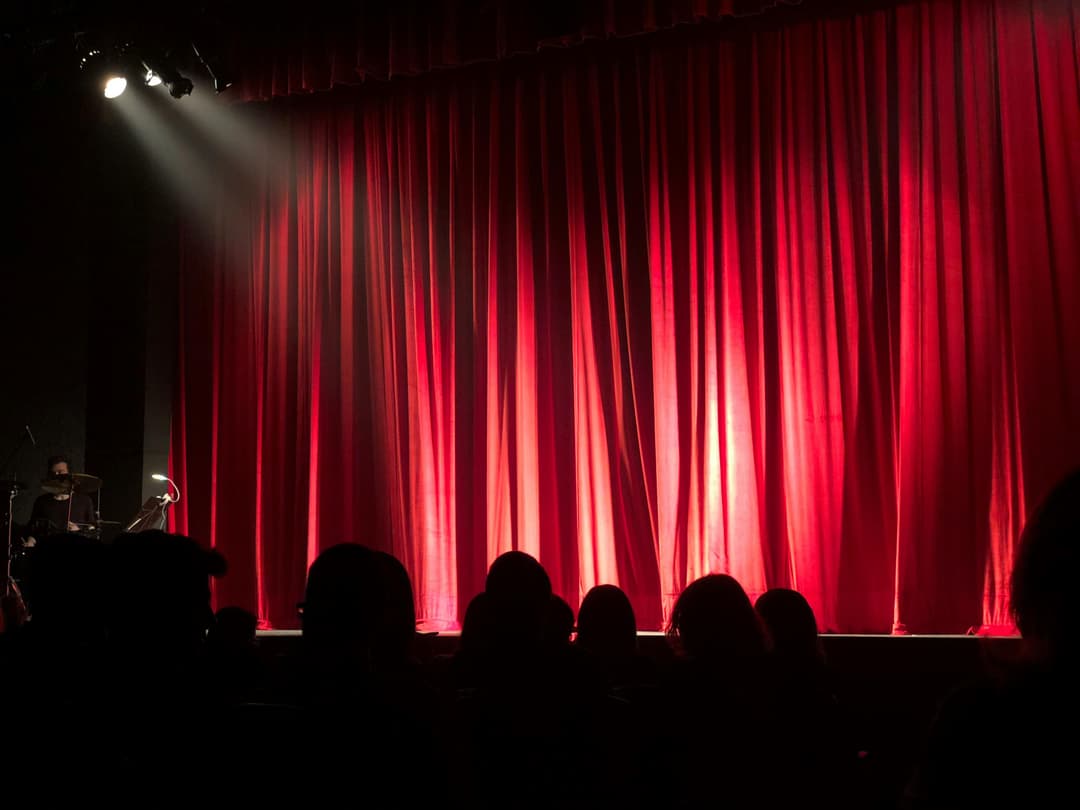Free speech and comedy have always walked hand in hand. But what happens when a comedian's jokes spark national controversy? That's exactly what happened with Jimmy Kimmel.
The Incident
Jimmy Kimmel's suspension from ABC's "Jimmy Kimmel Live!" set off a firestorm. The issue? Remarks he made about the assassination of conservative activist Charlie Kirk. Kimmel quickly apologized for any offense, but his show was yanked, and the debate over free speech began. Reuters.
Backlash and Support
Major broadcast companies like Nexstar and Sinclair Broadcasting didn't resume airing Kimmel’s show, even after ABC decided to bring it back. These companies control a huge chunk of ABC stations, making this move significant. Irish Times. California Governor Gavin Newsom called it a "dangerous" attack on free speech. Meanwhile, Illinois Governor J.B. Pritzker highlighted his concerns about government interference in media content NBC Chicago.
The FCC's Role
The FCC also got dragged into the debate. Their chairman, Brendan Carr, warned broadcasters they could face fines for airing Kimmel’s show. That stirred up more anxiety about censorship and raised questions about whether the FCC should have this much control over what we see. PBS.
Why This Matters
- Free Speech: This is about more than just a TV show; it's about the rights to speak freely, even when what's said isn't popular.
- Media Influence: With broadcasting giants wielding such power, smaller voices might get drowned out.
- Government Control: How much should the government be able to interfere with the media?
A Comedian's Take
Imagine if every joke you told had the potential to get you fired. That's probably how Kimmel felt. Picture this: A small-town comic makes a joke about a local politician, and suddenly, they're off the town's nightly program.
As Kimmel himself said in his monologue upon returning, he never intended to make light of a tragedy. He spoke about the need to defend free speech, noting that nobody should be afraid to speak freely in America. For many, this incident isn't just about one man or one show; it’s about what it means to live in a free country. AP News.
What's Next?
So, where do we go from here? Are the media right to control what gets shared and what doesn't? Or is this a step too far into censorship territory?
What do you think? Should comedians be free to joke about anything?
